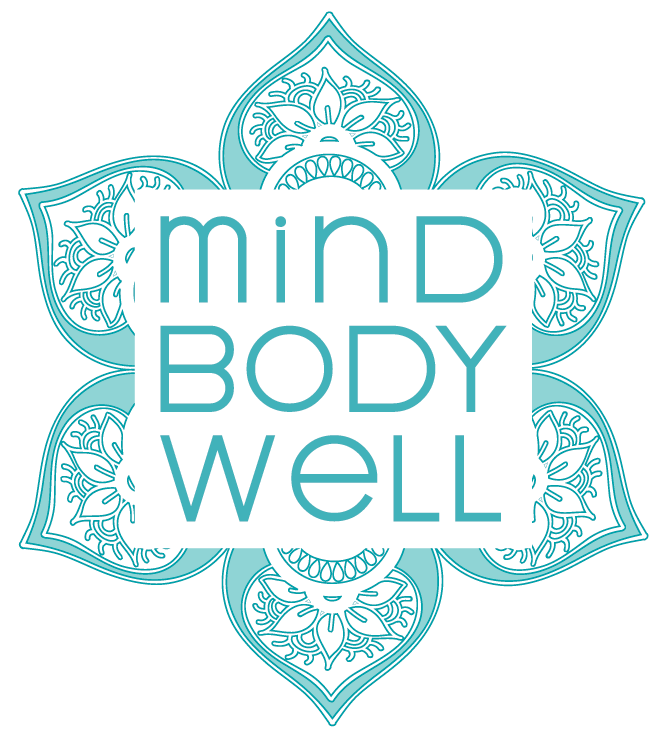Insomnia
Understanding Insomnia
We all know how important a good night’s sleep is, and how great it can feel to wake up refreshed, energised, and ready to take on the day. But we’re also familiar with those frustrating nights of tossing and turning, unable to drift off despite feeling exhausted. The more we try to force sleep, the more elusive it becomes. It’s also when we’re trying to sleep that our mind seem to race with thoughts about the past day or the tasks ahead. When sleep difficulties become persistent, they may be a sign of insomnia.
What is Insomnia?
Insomnia is a sleep condition which significantly impacts mental health and quality of life. It involves difficulties falling asleep, staying asleep, or waking up too early and struggling to fall back asleep. To be diagnosed with insomnia, sleep disturbances must occur at least three nights per week over a period of at least one month (or three months for chronic insomnia). A report by the Sleep Health Foundation found that nearly 60% of Australians regularly experience sleep difficulties, with 14.8% meeting the likely criteria for insomnia.
Symptoms of Insomnia
- Difficulty falling asleep
- Waking frequently during the night
- Waking too early in the morning
- Fatigue and daytime drowsiness
- Difficulty concentrating and remembering things
- Struggles with work, study, social life, or caregiving responsibilities
- Low mood and increased irritability
- Worry about sleep
- Increased likelihood of making avoidable mistakes
- Headaches and digestive issues
What Causes Insomnia?
Insomnia can stem from a combination of psychological, physiological, and lifestyle factors. Some common contributors include:
Psychological Factors:
- Anxiety and depression
- Stressful life events or major changes in routine
- Overthinking, particularly at night
- Worrying about not being able to sleep (which creates a cycle of sleep anxiety)
The Stress System and Sleep
Insomnia is often experienced by people during periods of heightened stress. When we perceive danger or threat – whether physical or psychological – our body activates a fight-or-flight response to keep us alert. From an evolutionary perspective, staying awake in a situation of potential danger would have been essential for survival, enabling us to run away from or fight whatever was causing us to feel threatened. Today, our ‘threats’ may be related to common stressors such as work deadlines, social pressures, or an overload of information from smartphones and social media, but our bodies still respond in the same way to this stimulation, making it difficult to relax and sleep.
Other Contributing Factors:
- Substance use (alcohol, drugs, cigarettes, caffeine)
- Environmental disruptions (noise, light, uncomfortable room temperature)
- Health conditions affecting breathing (asthma, bronchitis, sleep apnoea)
- Chronic pain making it hard to find a comfortable sleeping position
- Other sleep disorders (e.g., restless leg syndrome)
How Insomnia Impacts Mental Health
Psychological and Dietetic Therapies for Insomnia
Therapy for insomnia will usually involve taking a full assessment of the many health and lifestyle factors which may contribute to heightened stress and sleep difficulties.
Cognitive Behavioural Therapies (CBT) can be particularly helpful for people experiencing insomnia, focusing on the way thoughts and behaviours interact to create habitual patterns, and strategies for challenging and changing these habits.
Unlike sleeping pills, which are usually not a long-term solution, Psychological therapies can provides sustainable strategies for improving sleep.
Accredited Practising Dietitians can also provide nutritional assessment to examine any diet-related factors which may contribute to poor sleep, and can provide helpful strategies to optimise eating patterns which may be more conducive to good sleep. In many cases this involves focusing on regular and adequate energy intake across the day, and eating a wide variety of foods.
Practical Steps to Improve Sleep
Building good sleep habits (also known as sleep hygiene), can significantly improve sleep quality. While change is unlikely to happen immediately, consistency is key. Here are some potentially helpful strategies:
- Keep your bedroom quiet and dark while sleeping
- Maintain a comfortable temperature for sleep (recommended range is 16-20°C)
- Avoid screens 1-2 hours before bedtime (blue light can interfere with melatonin production)
- Use your bed only for sleep and intimacy – avoid working or watching TV in bed
- Avoid caffeine in the afternoon and evening
- Engage in regular exercise (but avoid intense workouts too close to bedtime)
- Wake up at the same time each day, including weekends, to regulate your body clock
MEDICARE AND PRIVATE HEALTH CLAIMS FOR PSYCHOLOGICAL THERAPY
- A referral and Mental Health Care Plan completed by your Doctor, or
- Private Heath Insurance which includes Psychological Counselling as part of your extras cover.
Please note – we do not Bulk Bill. All sessions will incur an out of pocket fee, and full payment is to be made on the day of your session. If you are eligible for a Medicare or Private Health Insurance rebate, you will be provided with a claimable receipt which you can then use to make your claim (we don’t process the claims in-house).
Ask about insomnia support at our Melbourne Practice
Clinic address: 103 / 34 Queens Road, Melbourne, VIC, 3004.

